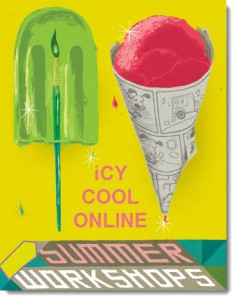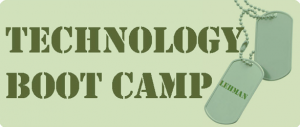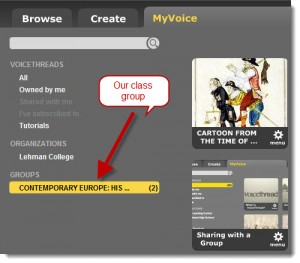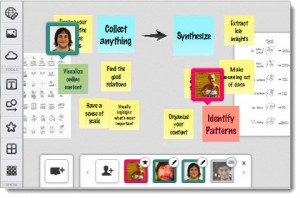This spring, seven faculty members and two Teaching & Learning Commons staff members piloted a seminar grounded in Daniel T. Willingham’s book, Why Don’t Students Like School? Readings and discussions of Willingham’s cognitive science approach to teaching and learning were partnered with presentations of current teaching challenges for peer feedback. Each week, those who participated explored a research-supported learning principle and its classroom implications through a variety of strategies that encouraged individual and group ownership of the texts presented through diverse media.
In our final meeting, faculty shared their insights and applications from the seminar. Emma Tsui, an Assistant Professor of Public Health for the Health Sciences Program, discovered that “I started to do less and was able to respond more effectively and to connect to more advanced concepts by covering less content.” Doing less, in her case, meant not less preparation or fewer activities but rather meant the presentation of less content. Reducing the content students were required to learn gave students more time to ask questions and to learn the material. Emma built these changes into her teaching based on implications from Willingham’s first principle, “Respect students’ cognitive limits.”
We took time to review our teaching challenges and to map those on the whiteboards with connections to Willingham’s principles. As we toured the mappings, we added principles and implications through a series of questions and examples drawn from our previous meetings. Each of Willingham’s nine principles was represented at least once in our boardwork, which demonstrated the integration of our text work with our teaching practices.
It made some sense at this point to review our logic models for developing our teaching skills and then to apply those models in a consideration of assessment needs for the coming year. We delved into a set of resource texts that provided a variety of approaches to classroom and teacher assessment: each faculty member chose two or more strategies to continue examining over the summer as she designed her fall and spring courses.
As we debriefed our semester together, Jennifer Poggiali, an Assistant Professor of Instructional Technology for the Leonard Lief Library, pointed to a new understanding that articulation could be a form of assessment, explaining that informal feedback during her Information Literacy classes can increase her awareness of what students are learning and retaining. Beatriz Lado, an Assistant Professor of Spanish Language and Literature, spoke of developing deeper critical thinking skills with her students through strategies such as concept mapping and one minute papers. Emma Tsui emphasized her renewed engagement with learning objectives that she feels need to be stated more clearly and made more relevant to the students’ work, while Robin Wright, Assistant Professor of Health Sciences resources at the Leonard Lief Library, underlined the importance of asking quality questions and “tagging” activities related to those questions.
The seminar evaluation forms show that faculty who participated in the seminar felt they had learned and shared challenges and ideas that will be helpful to them for many years to come. In particular, one faculty member wrote that the “Teaching challenges [were a] great way to foster discussion and generate ideas; [these] also created a model for supportive engagement across disciplines.” Another wrote that the teaching challenge sharing was “both instrumentally useful and a bit of a revelation for me in terms of process.” As for Willingham’s text, the response to using a shared text that challenged us to consider research and practice outside of our fields of expertise was positive; faculty advised repeating the seminar with more opportunities to participate in the coming year.
A photo gallery of the seminar, handouts, notes, teaching challenge summaries, and other resources are posted on our seminar Google Site: https://sites.google.com/site/lehmannewfacsp12/







